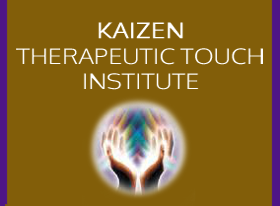 A lot has been said about leaders and leadership over the years. Each era and every situation creates its own leaders, and yet, the fundamental role of a leader is to set direction and lead. In every case, a leader, to be able to lead others, must first be able to lead themselves. So leadership, as we see it, is a role, a practice and a process.
A lot has been said about leaders and leadership over the years. Each era and every situation creates its own leaders, and yet, the fundamental role of a leader is to set direction and lead. In every case, a leader, to be able to lead others, must first be able to lead themselves. So leadership, as we see it, is a role, a practice and a process.
The leadership role is something that is played. It’s what we think of as situational leadership. How well the role is played is determined by many factors. According to Peter Senge,
Leadership is deeply personal and inherently collective.
That’s a paradox that effective leaders have to embrace.
It does depend on them. It does depend on their convictions, their clarity,
their personal commitment to their own cultivation.
And on the other hand, it doesn’t’ depend on them.
It’s an inherently collective phenomena.
The Kaizen Program for Authentic Mindful Leaders Level 1 focuses on developing self awareness, self knowledge and self-management, as part of the individual’s personal growth and leadership development process, a preparation for effective situational leadership roles.
Authentic, mindful leaders are inspiring role models.
In previous centuries industry leaders may have related to their workforce as a resource to exploit and manage, for personal profit. At the start of the 21st century, in an era of socially-aware consumers, commitment to developing effective approaches to social and environmental reporting and standards of performance are trademarks of responsible, enlightened organizational leadership.
In Canada, nearly 12 million citizens volunteer their time in charities or not-for-profit organizations. As employment levels drop, volunteer levels tend to hold steady or even rise positioning the not-for-profit sector as critical to ensuring sustainable economic and social development. Due to its nature and enhanced by resource limitations, the non-profit sector leadership has, for decades, recognized and learned to engage its volunteer workforce and community stakeholders, as creative potential.
Expanding social needs and shrinking revenues require the development of innovative approaches, enhanced skill sets and a greater breadth and depth of leadership abilities and competencies. Leaders, across the board, need to develop the ability to conceptualize and re-contextualize their roles and those of their organizations within an ever-shifting and increasing complex global paradigm.
Profound community/social transformation is needed, yet cannot occur without a simultaneous personal transformation. Self-reflection, choice and action are at the heart of this transformation at every level. Training combined with coaching accelerates the process, developing personal resilience and the proficiency to manage change with increasing effectiveness.





